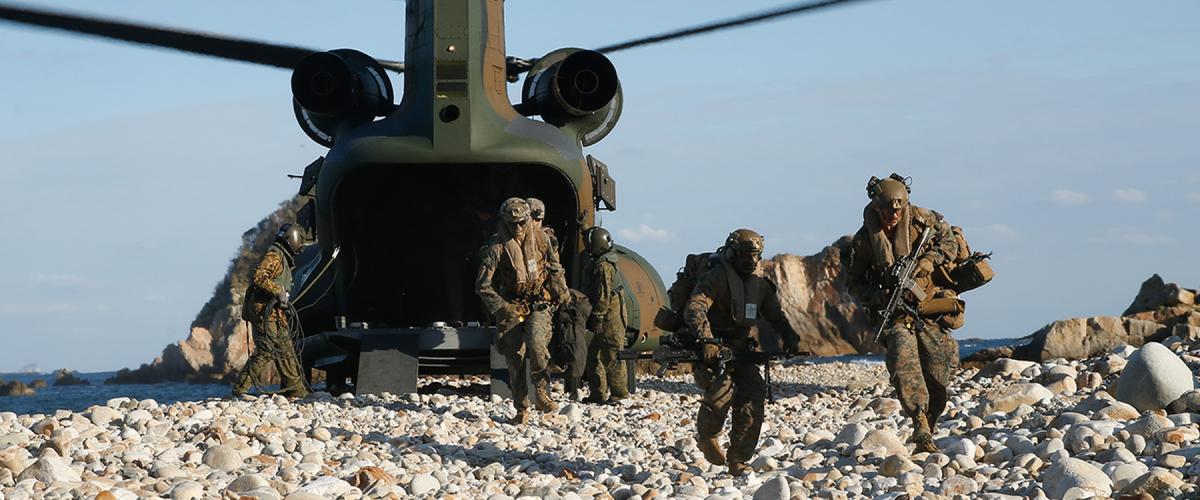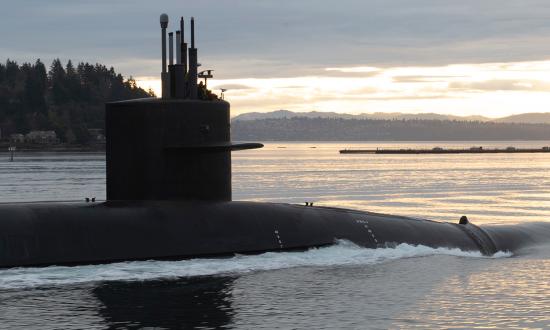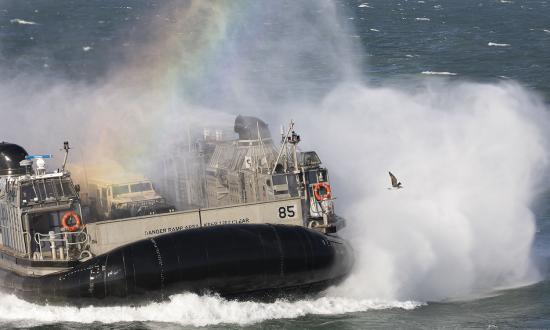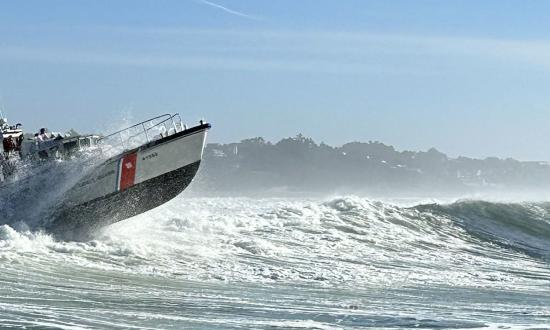Happy 248th birthday to the Marine Corps! Every November we focus on the Corps, and this issue is especially meaty. We are happy to have the new Commandant of the Marine Corps, General Eric Smith, continue his predecessor’s streak of writing for Proceedings. In “Rethink the Marine Corps’ Role in Global Campaigning,” General Smith writes that a “deliberate refocus on campaigning requires reexamining how the Marine Corps can best contribute and align core concepts and doctrine in the world’s most critical maritime regions.”
The Commandant’s article is followed by the three winners of this year’s Marine Corps Essay Contest. The first-place essay, “Logistics 2030 Foraging Is Not Going To Cut It,” by Lieutenant Colonel Brian Donlon, praises new capabilities Force Design 2030 has brought online, but warns that equal or greater investments in logistics are needed to prevent a hollow force. Retired Marine Colonel Pat Garrett and Lieutenant Colonel Frank Hoffman won second prize with “Maneuver Warfare Is Not Dead, But It Must Evolve.” This article is one of several in this issue that “goes deep” on philosophical questions about maneuver warfare and MCDP-1: Warfighting. Marine Corps Captain Karl Flynn took third prize with “Make Every Marine a Drone Killer”—an outstanding essay with lessons from the ongoing Russia-Ukraine war and the 2020 Nagorno-Karabakh war.
Adding the word “just” to a sentence can be sufficient to spark an argument, and Marine Corps Major Christopher Denzel may be looking for a Socratic fight with “Maneuver Warfare Is Just Operational Art.” Statements such as “MCDP-1’s preoccupation with maneuver warfare makes it a fragile doctrine based on a single, unfalsifiable theory of victory” make us think this article will be hotly debated from the halls of Marine Corps University to the shores of Okinawa. We invite follow-on articles and letters to Comment & Discussion!
In addition to the great Marine Corps content is an exceptional piece on illegal, unreported, and unregulated (IUU) fishing. Coast Guard Commander Conor Sullivan recommends going after the middlemen in “Move the IUU Fight Up the Food Chain” (pp. 70–73). Transshipment vessels that combine the catches of multiple fishing ships enable “fish laundering”—making it difficult or impossible to tell fish that were caught legally from those caught illegally. IUU fishing costs coastal states tens of billions of dollars in annual revenue and contributes to political instability, environmental degradation, and food insecurity. Like the drug war, IUU fishing is a global problem that requires continuous interagency and international diligence. It may not ever be eradicated, but it must be attended to every day, with old and new tactics.
Next month we will kick off Phase III of the American Sea Power Project, moving into the “means” of strategy and naval warfare. Phase III will include a challenging China-Taiwan scenario followed by articles from subject-matter experts on how they would tackle the scenario in their warfare areas: undersea, surface, strike, air and missile defense, etc. After the experts have weighed in, we will ask readers to join the fray through “The Future of Naval Warfare” Essay Contest, which will have a mid-March deadline. This phase of the project will be a true test of our motto: Dare to read, think, speak, and write. We hope you will be part of the conversation.






